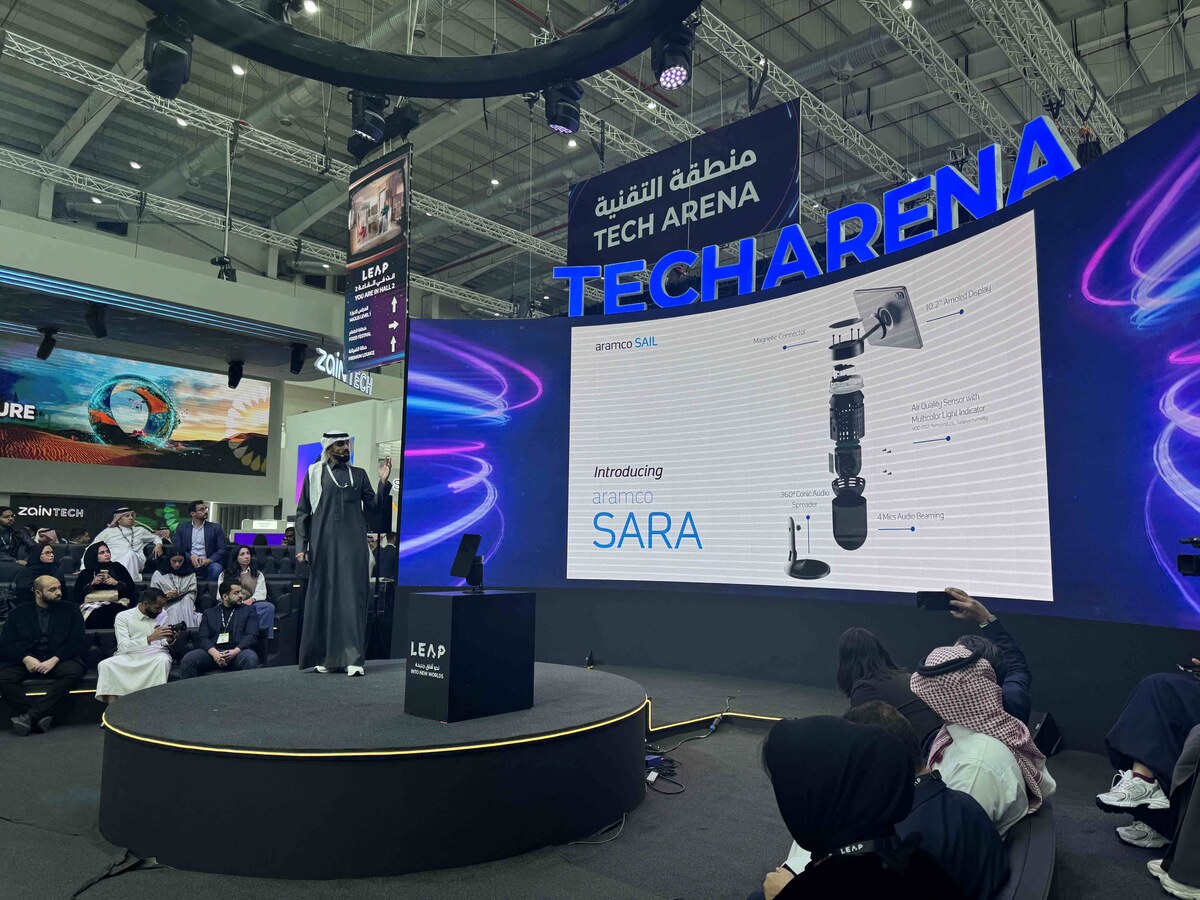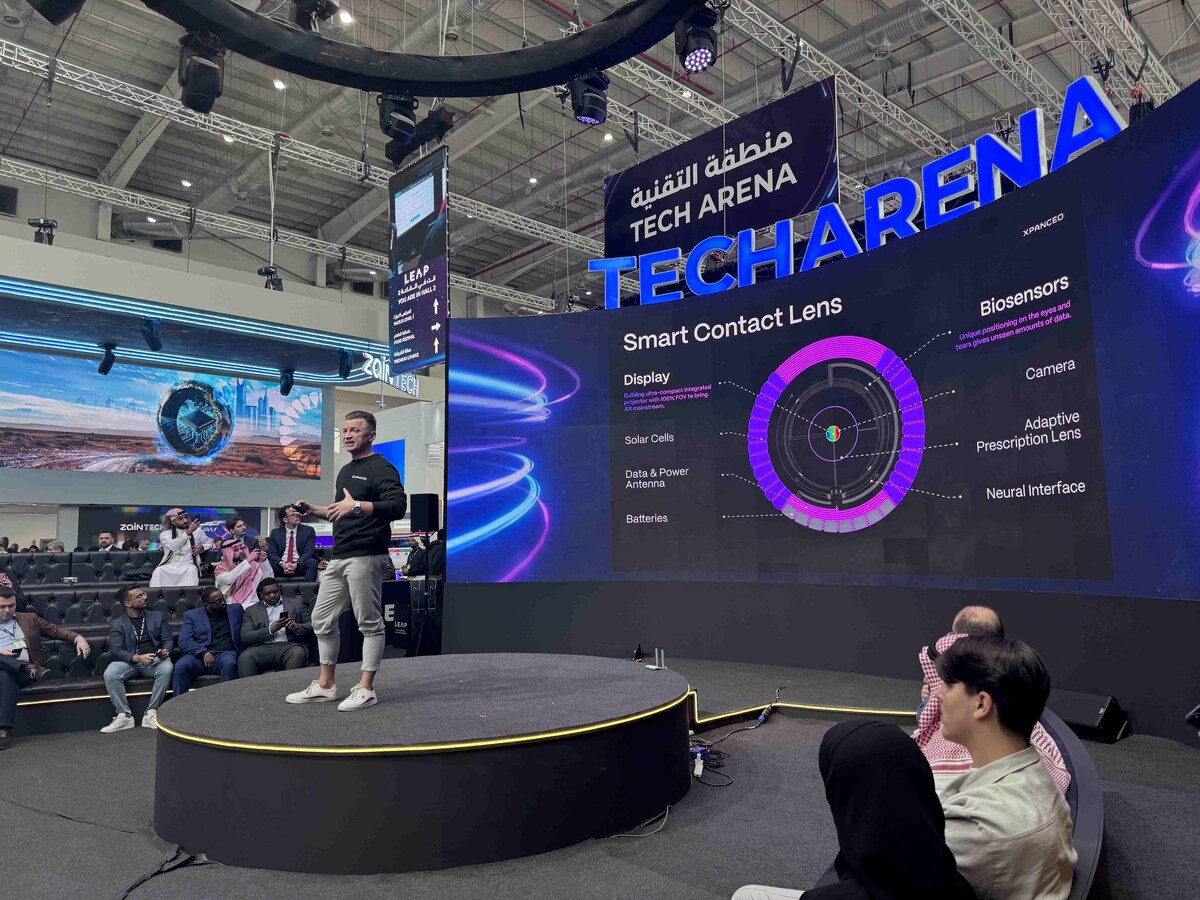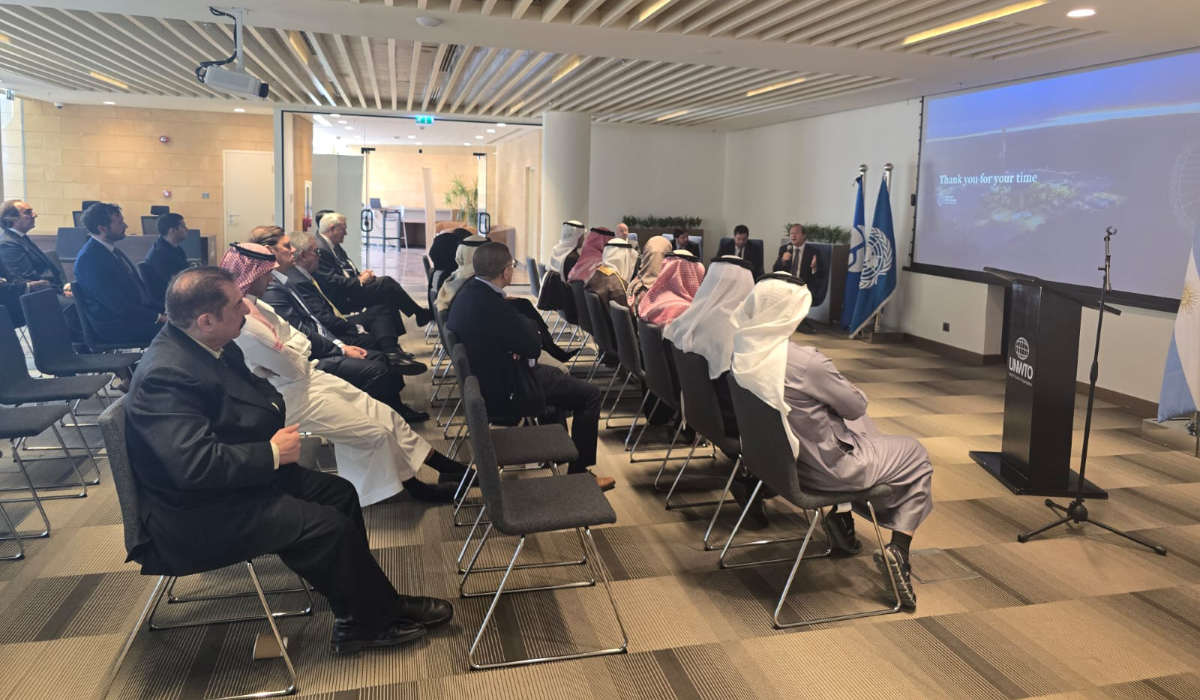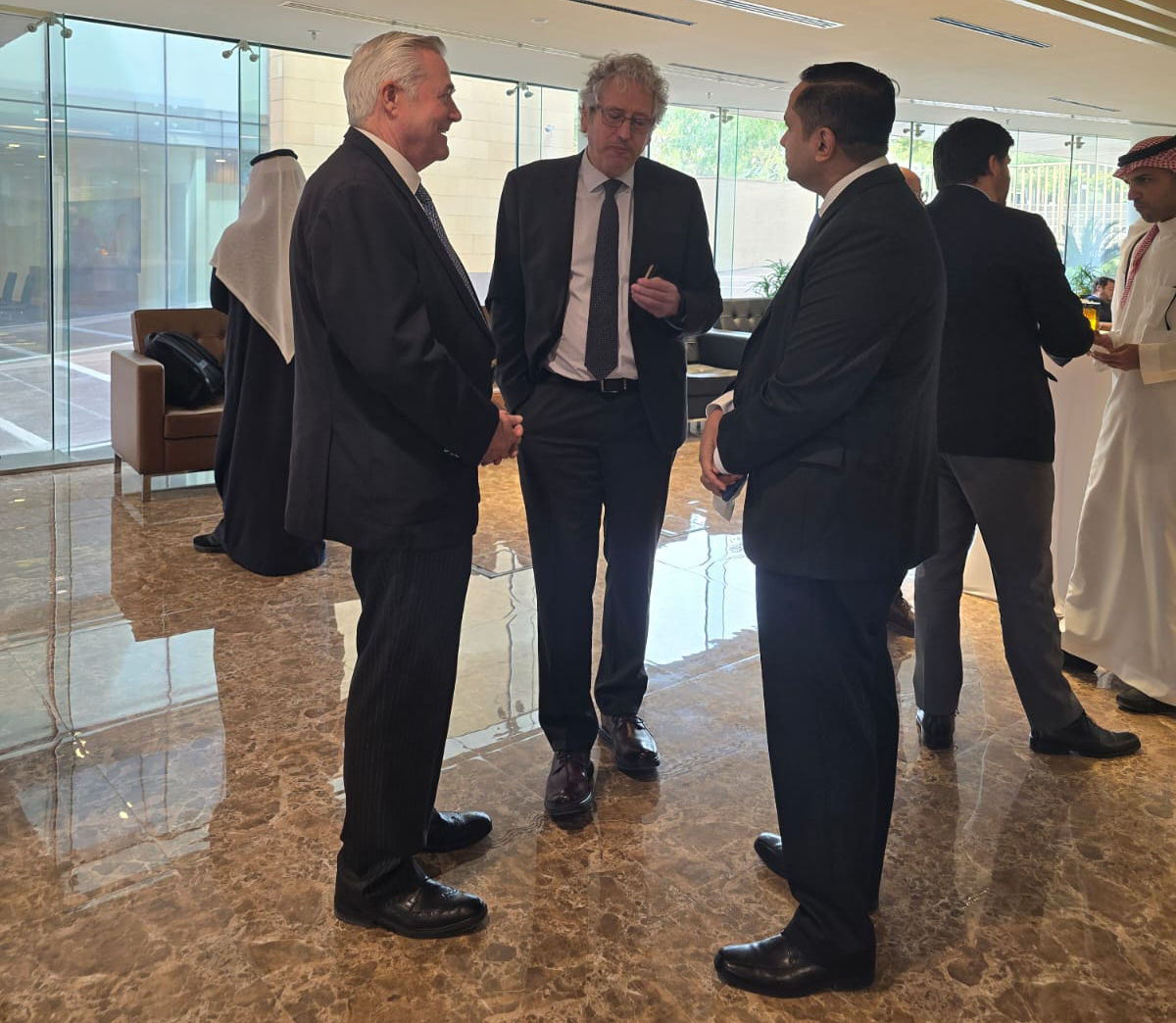SINGAPORE: Oil prices dipped on Wednesday as the impact from Hurricane Beryl dissipated and inflation data highlighted stubbornly weak consumer demand in top crude importer China, according to Reuters.
Brent futures were down 58 cents, or 0.69 percent, at $84.08 a barrel, as of 9:32 a.m. Saudi time, after falling 1.3 percent in the previous session.
US West Texas Intermediate crude was down 48 cents, or 0.59 percent, to $80.93 a barrel, after falling 1.1 percent in the previous session.
Both the contracts lost about 3 percent in the previous three sessions on signs that the Texas energy industry came off relatively unscathed from Hurricane Beryl after it lashed the region on Monday.
Oil and gas companies restarted some operations on Tuesday. Some ports reopened and most producers and facilities were ramping up output, although some facilities sustained damage and power had not been fully restored yet.
"Hurricane Beryl blowing over seems to be the biggest driver for the time being and an opportunity for traders to lock in some profits after a bullish run over the last two weeks," said DBS Bank's energy sector team lead Suvro Sarkar.
Concerns over demand in China also weighed on prices as consumer prices in the world's second-largest economy grew for a fifth month in June, but missed expectations, while producer price deflation persisted.
"Expectations for easing tensions in the Middle East and Chinese weaker-than-expected CPI data for June pressed on oil prices today," said independent market analyst Tina Teng.
In the Middle East, negotiations to secure a ceasefire in the Gaza war will resume in Doha, with the intelligence chiefs of Egypt, the US, and Israel in attendance.
Limiting losses in oil prices, however, were comments from US Federal Reserve Chair Jerome Powell that suggested the case for interest rate cuts is becoming stronger.
Lower interest rates should spur more economic growth, and therefore, oil consumption.
Following Powell's comments, investors continued to bet on a nearly 70 percent chance the Fed will cut rates in September.
"Powell's remarks to the Senate affirmed the improvement in data through the June quarter, while maintaining that more good data would boost confidence in the inflation outlook," ANZ analysts said in a note on Wednesday.
US crude oil and gasoline inventories fell by 1.923 million barrels and 2.954 million barrels, respectively, according to market sources who cited American Petroleum Institute figures on Tuesday, indicating summer fuel demand is steady and driving the rebound after days of declines.
Official data from the US Energy Information Administration will be released at 19:30 p.m. Saudi time.
"Today's US inventory data will be keenly watched, if drawdowns continue after last week's massive draw," said DBS Bank's Sarkar.






























